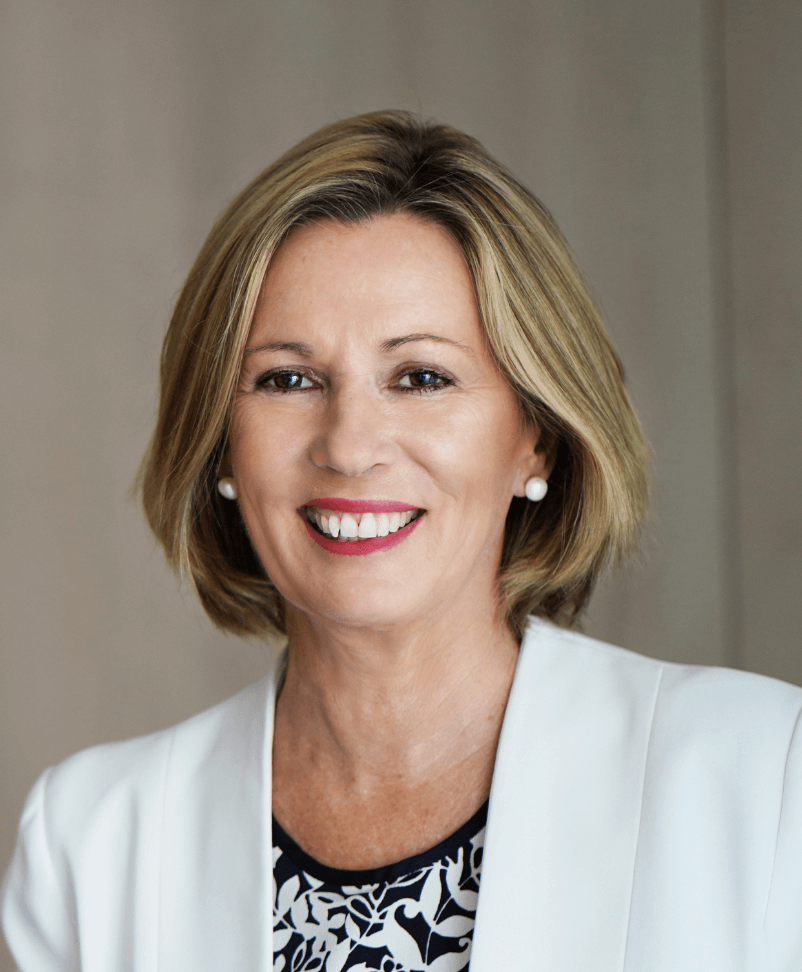The Art of Leadership Newsletter
CEO Update

We hope you enjoyed the first of our “The Art of Leadership Newsletter” last month as much as we enjoyed bringing it to you.
Thank you to everyone who sent us feedback. The comments were very positive and we are delighted that the format and content resonated strongly with so many of our readers.
A lot of organisations have been on the front pages recently for the wrong reasons. Our blog in this second newsletter is from our Chair, Virginia Mansell, and explores how senior executives can become out of touch with normality and what they can do about it to keep grounded. Compulsory reading for those in senior roles or who work in the organisational development space and are charged with enhancing positive organisational citizenship behaviours.
We are very excited about the coming launch of our Culturally Diverse Emerging Leader Group Mentoring Program. Australia’s rich cultural diversity is not represented at leadership level in most organisations and that is a significantly missed opportunity for Australian business. This program has been specifically designed to empower culturally diverse emerging leaders and to close this gap. A group of ten participants will meet with one of the Stephenson Mansell Group mentors who will guide them through a structured process addressing career development opportunities, group learning and the sharing of ideas on achieving broad organisational outcomes. The outcome will be a personalised action plan for each participant. This is a unique program focusing on addressing a huge need. We look forward to having some of your people join us.
We are in the business of working with executives on feedback and conversations so we’d love to hear from you on what you’d like to see in future editions. All ideas will be warmly welcomed.
Felicity Menzies
CEO, Stephenson Mansell Group
BLOG
How successful leaders keep a grip on reality

One of the biggest, most public, falls from grace in recent times involved the jailing of former Federal Court judge Marcus Einfeld over the avoidance of a $77 speeding ticket.
A civil libertarian, human rights advocate and Living National Treasure, Einfeld had lied to a court in 2006 about who was driving his car, claiming it was a friend – who in fact had died three years previously.
The question on everyone’s mind was why such a wealthy and distinguished figure would risk everything – and defy everything for which he stood – for such a paltry sum.
One key to this conundrum could be the isolation from reality that comes with wealth and success. We also see it in CEOs who can make tremendous personal sacrifices as they climb the corporate ladder and, when they make it to the top, are surrounded by the trappings of wealth and power.
It is at this point that they become separated from reality and lose touch with what is really important.
Recently, we have seen leaders behaving badly in the world of television, finance, technology and government services. New scandals seem to emerge on at least a weekly basis.
Increased status can lead to entitlement
I cannot help but be struck by the sense of entitlement that comes with high status, a phenomenon explored by US psychologist Paul Piff, who discovered (for instance) that drivers of luxury cars were four times as likely to “cut off” drivers with lower status vehicles.
Writes Piff: “I have been finding that increased wealth and status in society lead to increased self-focus and, in turn, decreased compassion, altruism, and ethical behavior”.
In her book about the Einfeld matter, journalist Fiona Harari details how the former judge’s fine-dodging was not a one-off event and how others may have admired his many achievements, but found him difficult and arrogant.
Former Human Rights and Equal Opportunity Commission secretary, Chris Sidoti, told Harari: “It was a nightmare working for him”. Einfeld had been a president of the commission.
“It was his ego, and the sense of being unaccountable.”
Einfeld resented having to account for his travel to the commission. “He considered it was beneath him – that he had to account to anybody – and the ideas of accounting in his position as president of the commission was beneath him and insulting and outrageous,” said Sidoti in A Tragedy in Two Acts.
CEO salaries can be out of this world
Extraordinary salaries do not help bring leaders back down to Earth. An increasing pay gap between CEOs of major companies and their employees is breeding a culture of envy and isolation, leading to dysfunctionality.
The average salaries of CEOs of Australian listed companies are ten times the annual wage of average Australians, according to Associate Professor in Accounting at the University of Queensland, Julie Walker.
Too often, CEOs are rewarded for short term share market gains rather than a mixture of finance criterion and so-called “soft KPIs”, such as culture.
However, organisations that deliver better-than-expected sustainable results will be those that make their leaders accountable for “teamwork” and “culture” – those things will comprise at least 30-50 percent of the KPI criteria expected for leadership and behavior.
As an example of how leaders can reinforce cultural change, the CEO of Australian Super, Ian Silk, gives every new employee (and he has 550 people on staff) a one-and-a-half hour briefing on the company’s values and culture.
Arrogance at Australian Super is a sacking offence.
“We don’t accept good performance and bad behaviour,” Silk told the Australian Financial Review. “It is the hardest decision to make, but you have to do it if you want to have a good culture.”
The good news from Piff is that disconnected leaders can regain their balance and lower their sense of entitlement by building connections with others.
“If wealth, both socially and psychologically, creates an island that leaves people removed from others, then contributing inroads to that island—by thinking of others as equals, going to public schools, taking the bus, or living in diverse neighborhoods—will trigger these basic empathic processes that would otherwise not be engaged,” he says.
Leaders of leaders (Board Chairs for example) have an important role to play when it comes to spotting potentially damaging behaviours. They need to listen, ask critical questions and see the patterns in to uncover the root causes of this behavior. They cannot assume that their CEO is are getting the honest and constructive feedback they require from those around them.
Eight ways tokeep grounded
1. Observe and recognise the patterns of behaviour around you and think about what might be occurring
2. Manage reactivity and work hard at staying calm and composed, focusing on your own sphere of influence
3. Seek out people in the organisation and trusted others you can talk to honestly and openly in a safe and risk-free way
4. Focus on your own performance, and motivate, empower and support your team
5. Understand your own patterns that need to change and adjust your behaviour accordingly. Working with an executive coach can be of great assistance here.
6. Ensure you don’t fall into the trap of the system you are in – focus on the positive aspects of what you can contribute as a leader.
7. Learn from your experience how to recognise and navigate gaps in your own development and seek opportunities for change.
8. Think about the legacy you want to leave – what kind of leader do you want to be remembered as?
Kind regards,
Virginia Mansell
About the author: Virginia Mansell, Executive Chairman, Stephenson Mansell Group.
Virginia Mansell is an expert and thought leader in executive coaching, mentoring and leadership. Virginia is the author of The Focused Executive, an important resource for CEOs and senior executives determined to perform at their very best. The 2nd Edition is now available with a new chapter on high performing teams.
In 1998, Virginia established The Mansell Group to provide coaching and leadership development services. In 2005, she merged this business with The Stephenson Partnership to create Stephenson Mansell Group, arguably Australia’s longest-established executive development firm. Over more than eighteen years, the Stephenson Mansell Group has worked with 6000 executives in more than 500 organisations in Australia and internationally including 30 of Australia’s top 50 companies.
In addition to her own experience as a business leader, Virginia brings to her role more than 30 years in human resource management, counselling psychology, psychotherapy and organisational consulting.










